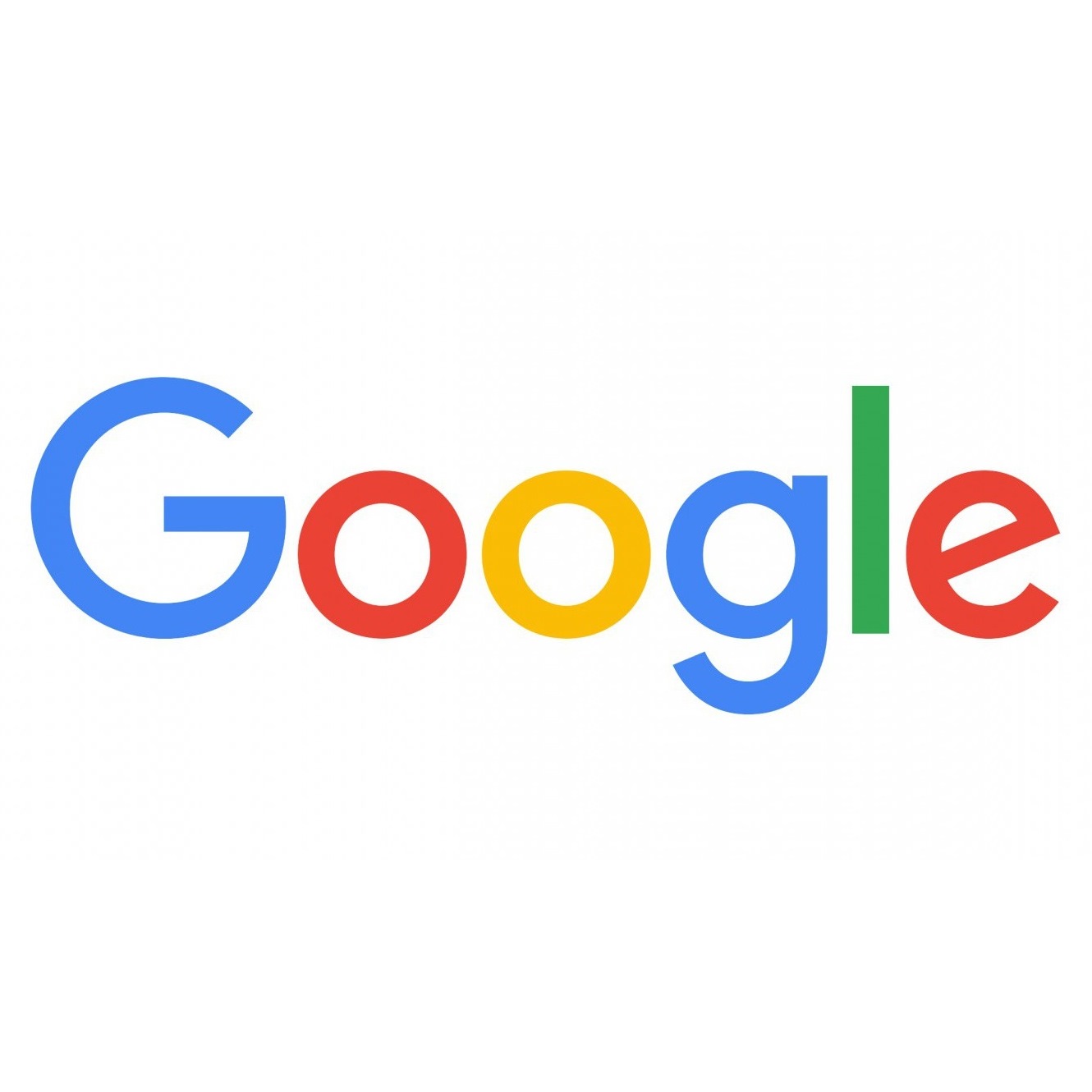Media
Will Google's $300 Million News Initiative Make a Difference?

Published:
Last Updated:

Alphabet Inc. (NASDAQ: GOOGL), through its dominating Google search engine, said Tuesday that it is committing $300 million to bolster its support of news publishers. The Google News Initiative has three goals: elevate and strengthen quality journalism; evolve business models to drive sustainable growth; and empower news organizations through technological innovation.
Whether the announcement was timed to take advantage of the current woes confronting Facebook Inc. (NASDAQ: FB) is arguable. Google has its own problems. Most recently the company’s YouTube division was slammed with ads promoting false news and information about the shooting at Marjory Stoneman Douglas High School in Parkland, Florida.
After listing several of the company’s current efforts, Google’s chief business officer, Philipp Schindler, noted:
[T]he hard truth is—all of this might not be enough. It’s becoming increasingly difficult to distinguish what’s true (and not true) online. Business models for journalism continue to change drastically. The rapid evolution of technology is challenging all institutions, including the news industry—to keep pace.
Schindler goes on to say that the company’s focus is concentrated on “combating misinformation during breaking news situations.”
Another part of the initiative announced Tuesday is a “Subscribe with Google” feature that Schindler says will “ease the subscription process to get more readers consuming publishers’ journalism, as quickly as possible.” Consumers will be able to subscribe with a single click using their Google accounts.
Google plans to spend $300 million over three years in this effort to encourage quality journalism and help quality publishers get new subscribers. What’s in it for Google? For one thing, it helps get them off the hook for the actual content: Google argues that it is a platform, not a media company nor a referee of truth. That is, Google takes its cut and the problems are someone else’s.
That may fly in the United States where news publishers get more legal protection than consumers. It’s less likely to satisfy proposed European Union rules that offer more protection for consumers than for publishers.
Google’s economic interests (and Facebook’s and Twitter’s) do not reside in limiting what it shows on its platform but in showing more of everything. None of these platforms is going to be able to spend their way out of this problem. They’re going to have to come up with a way to fix it and that likely will cost well over $300 million.
Are you ahead, or behind on retirement? For families with more than $500,000 saved for retirement, finding a financial advisor who puts your interest first can be the difference, and today it’s easier than ever. SmartAsset’s free tool matches you with up to three fiduciary financial advisors who serve your area in minutes. Each advisor has been carefully vetted and must act in your best interests. Start your search now.
If you’ve saved and built a substantial nest egg for you and your family, don’t delay; get started right here and help your retirement dreams become a retirement reality.
Thank you for reading! Have some feedback for us?
Contact the 24/7 Wall St. editorial team.